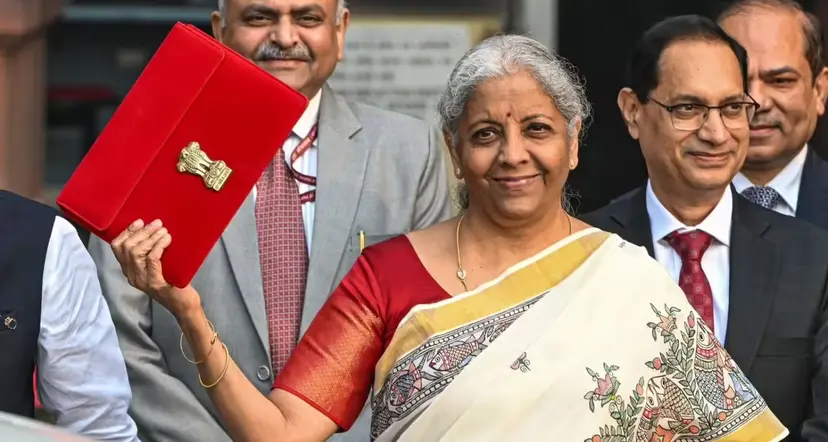Syllabus:
GS2: Welfare schemes for vulnerable sections of the population by the Centre and States and the performance of these schemes; mechanisms, laws, institutions and Bodies constituted for the protection and betterment of these vulnerable sections.
Context:
Recently, the Uttarakhand State Authority for Minority Education (USAME) Bill 2025 was passed in the Assembly.
More on the News
- According to the Census of 2011, slightly more than 17% of the state’s population of 1.01 crore were non-Hindus.
- Muslims comprised 13.94% of the total population and Sikhs 2.35%. Other minorities, put together, made up less than 1% of Uttarakhand’s population.
- The Bill does away with the Madrasa Board and brings madrasas, as well as education institutions run by Sikhs, Buddhists, Jains, Parsis and Christians, under the newly established USAME.
- Previously, only madrasas were recognized as minority institutions under state laws. Now, all 452 madrasas must seek re-recognition by the 2025-26 academic session.
- The Uttarakhand Madrasa Education Board Act, 2016, along with the Non-Government Arabic and Persian Madrasa Recognition Rules, 2019, will be repealed effective July 1, 2026.
Key Features of the Bill
Uttarakhand State Authority for Minority Education (USAME):
- It will serve as the nodal body to review applications, grant recognition and monitor compliance with guidelines issued by the Uttarakhand Board of School Education.
- The USAME will comprise 12 members.
- A chairperson, who is an academician from one of the six minority communities mentioned in the Bill, with a teaching experience of 15 years as a professor at a higher education institution;
- Six academicians, one from each minority community, with a teaching experience of at least ten years in a subject relating to their religion;
- One retired civil servant of secretary rank or above and one social worker with ten years of experience in school education; and
- Three ex officio members including the director general of school education, the director of the State Council of Educational Research and Training and the director of the Minority Welfare department.
The USAME will meet at least once every quarter and its decisions will be made by voting. In case of a tie, the senior-most ex officio member will make the final call.
Moreover, the state government has an overriding power over the Authority. It can take immediate action without consulting the USAME and modify or rescind any action taken by it.
Conditions for recognition
- Any educational institution run by a minority community and imparting religious education will have to be recognised by the USAME. Recognition will be granted for three academic sessions at a time.
- It requires affiliation with the state Board of School Education, mandates that minority institutions be run by a society, trust, or non-profit serving their community and ensures all finances go through a dedicated bank account.
- It prohibits forcing students or staff to join religious activities, requires teacher appointments per Board norms and mandates compliance with Board and USAME rules in all academic, administrative and financial matters.
- The minority educational institution shall not do anything which may come in the way of communal and social harmony.
- It states that not more than fifteen percent of students from the non-minority community shall be enrolled in a minority educational institution.
- The USAME can cancel recognition if it finds misutilisation of funds or “violation” of any stipulation contained in Section 14.
- Section 15 of the Bill allows the USAME to review applications for recognition as a minority educational institution and if needed, inspect the institution.
Other powers, responsibilities
- Minority institutions may teach religion-specific subjects if they meet standards set by the Authority.
- USAME will form sub-committees within 30 days to draft curricula for minority institutions, to be approved by the School Board within six months.
- USAME will assist the Board in promoting modern education and academic excellence among minority students.

